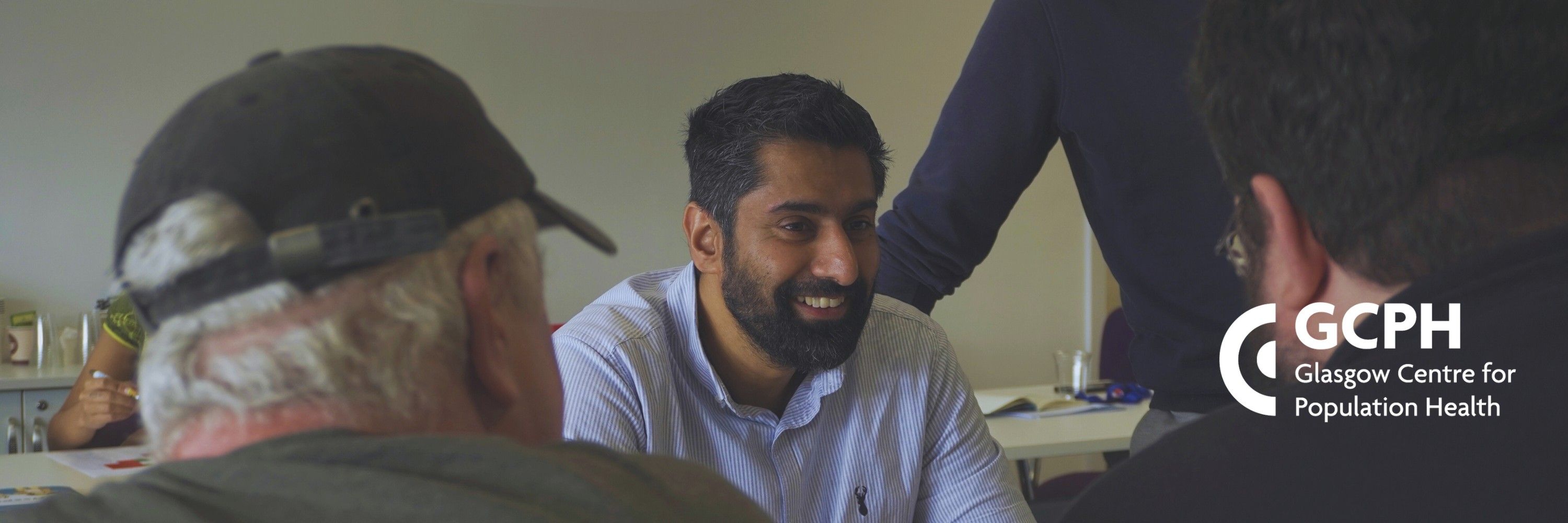Glasgow Centre for Population Health
@thegcph.bsky.social
1K followers
560 following
110 posts
Generating insights and evidence and supporting new approaches to improve health and tackle inequality.
monthly e-update: gcph.co.uk/eupdate
Posts
Media
Videos
Starter Packs
Pinned
Reposted by Glasgow Centre for Population Health
Reposted by Glasgow Centre for Population Health










![Quote from the report 'The Impact of the cost-of-living crisis on disabled people: a case for action' (2023) that says: “In this cost-of-living crisis I feel the guillotine above my head all the time, I feel it so vividly. Things [finances] were always tight before, and even through COVID, but this is different, I can’t get by, everything is so much more expensive, so much more, I have no room to move. It feels like you are condemned to a joyless life being disabled in this crisis.”](https://cdn.bsky.app/img/feed_thumbnail/plain/did:plc:iizkmiqcgmi73fjz7bls5fno/bafkreietkfxdbj5wcv4pbzbjk27gxnzeyrhggru6zwbmmkyq7dg7ld6ffu@jpeg)


























